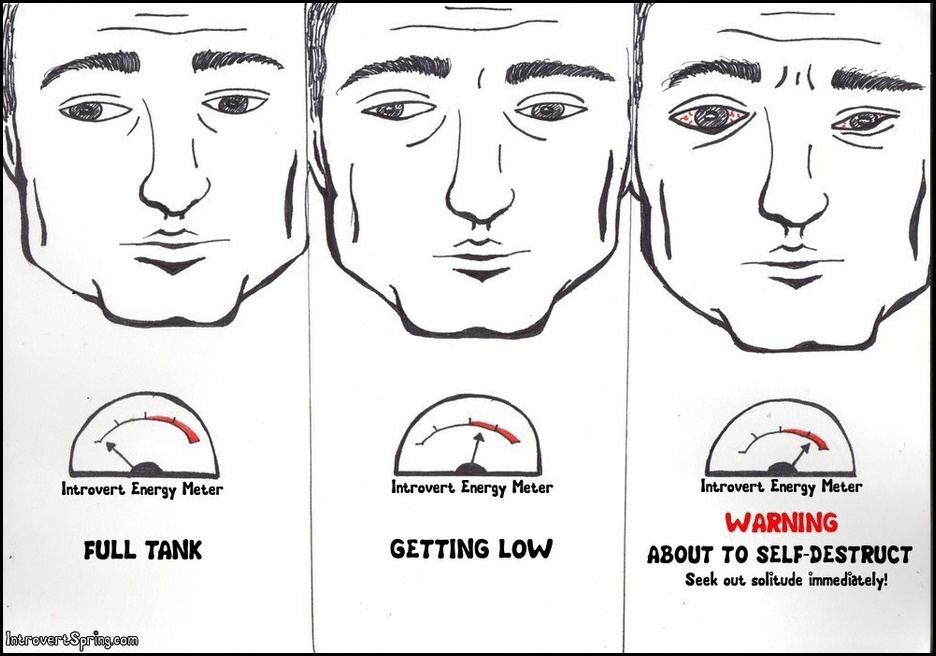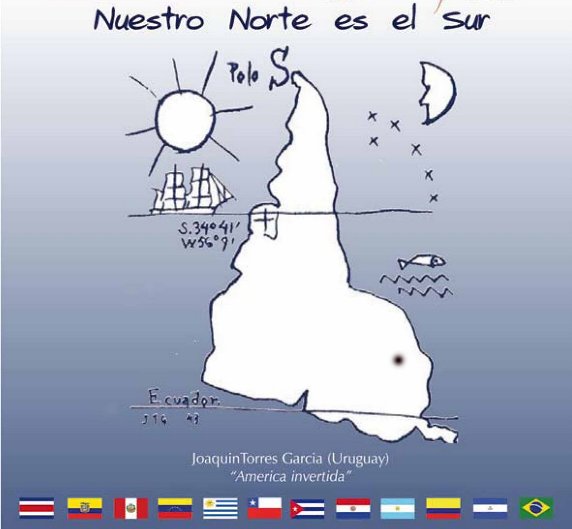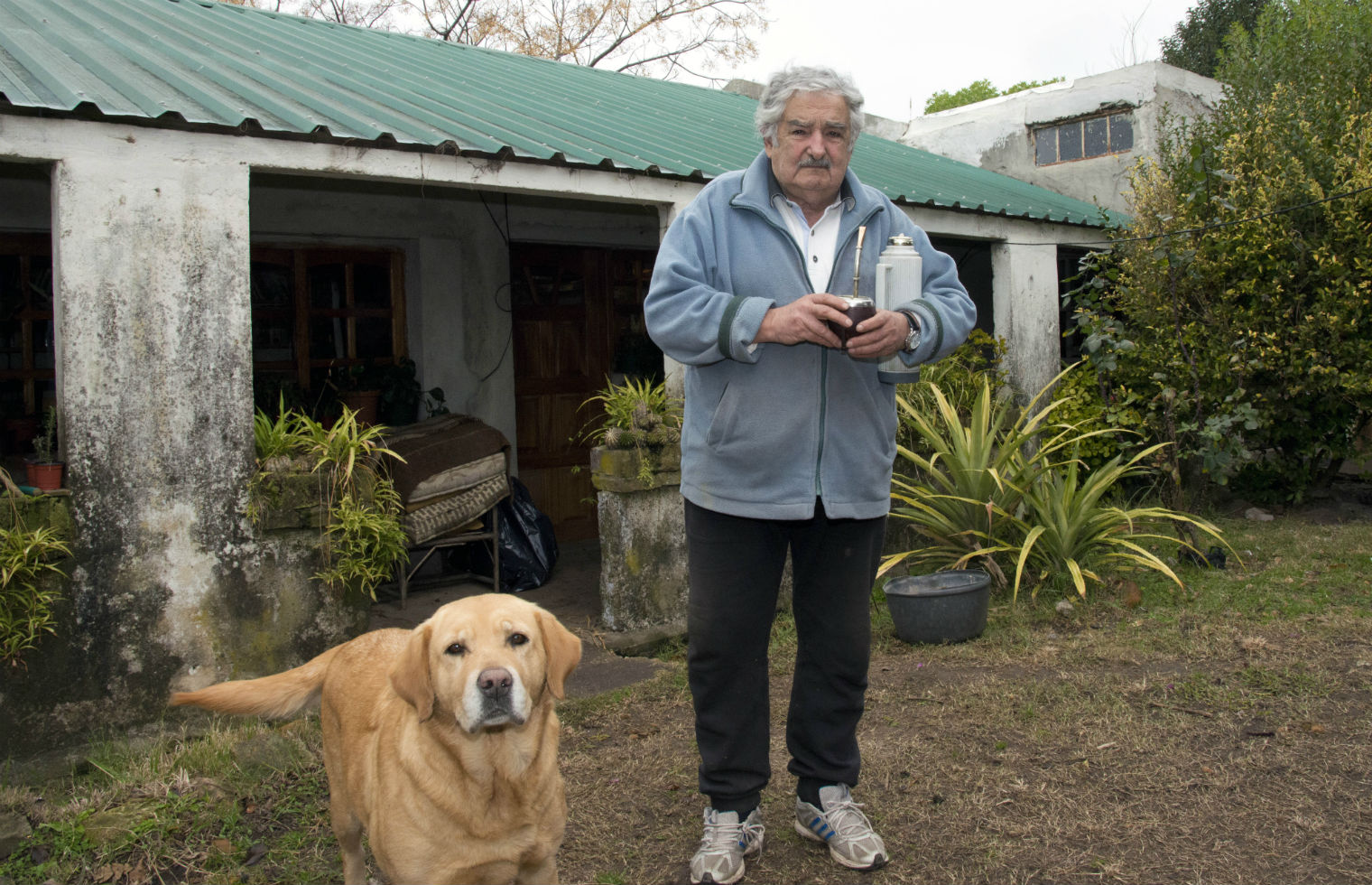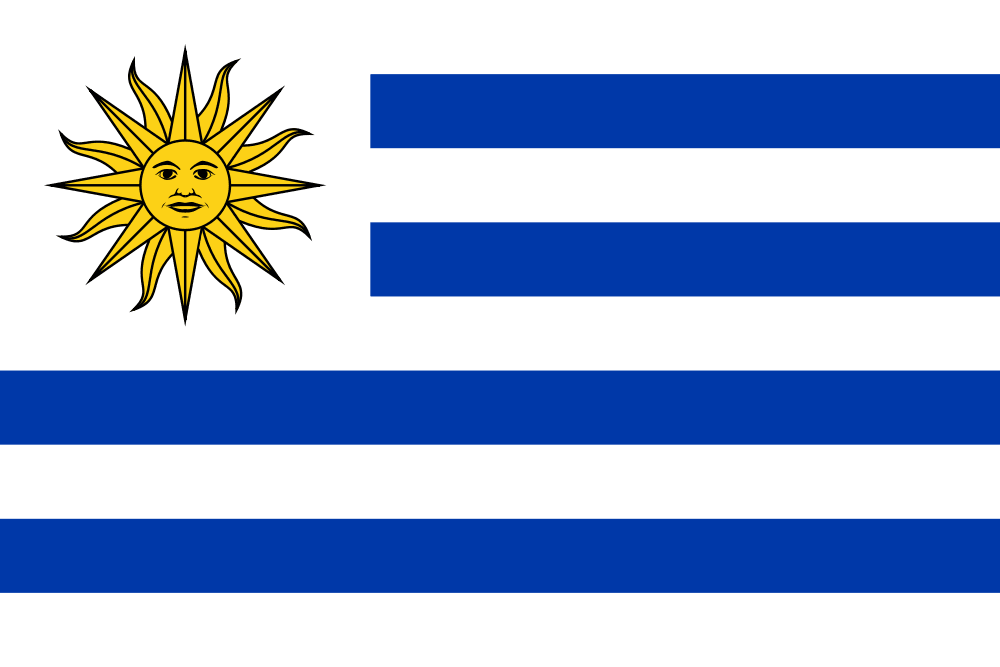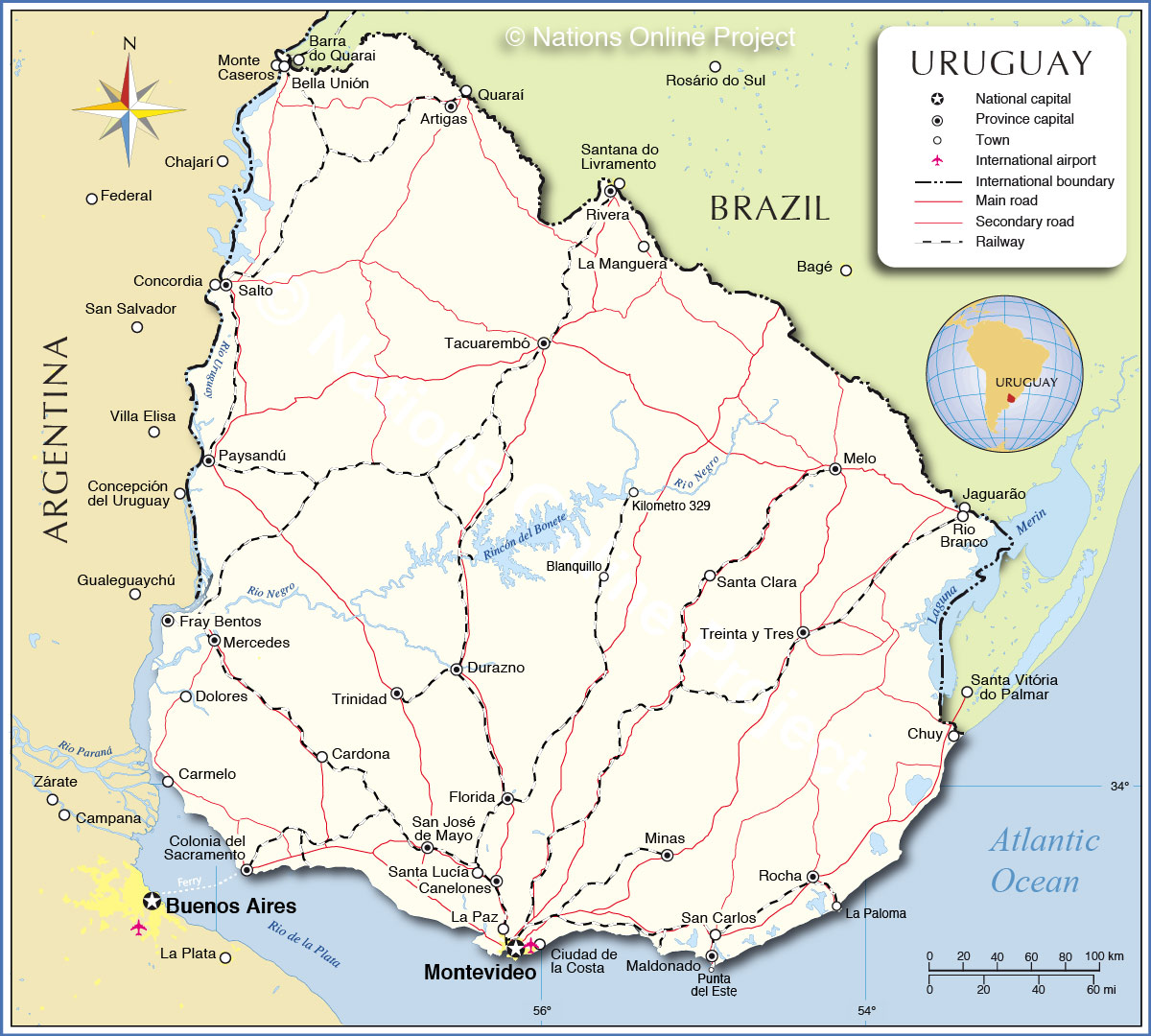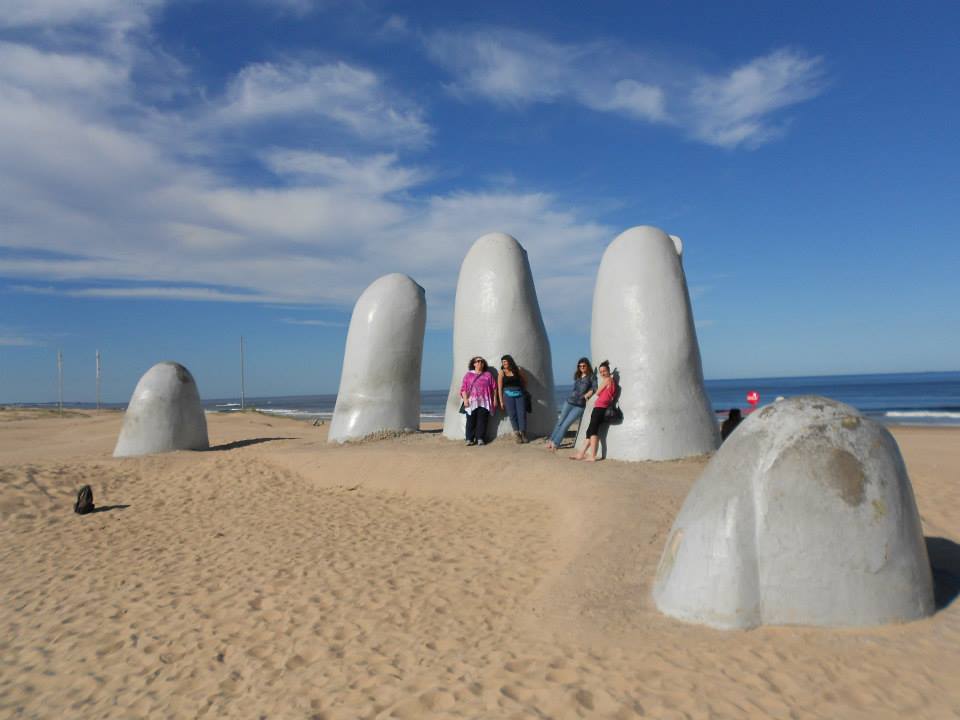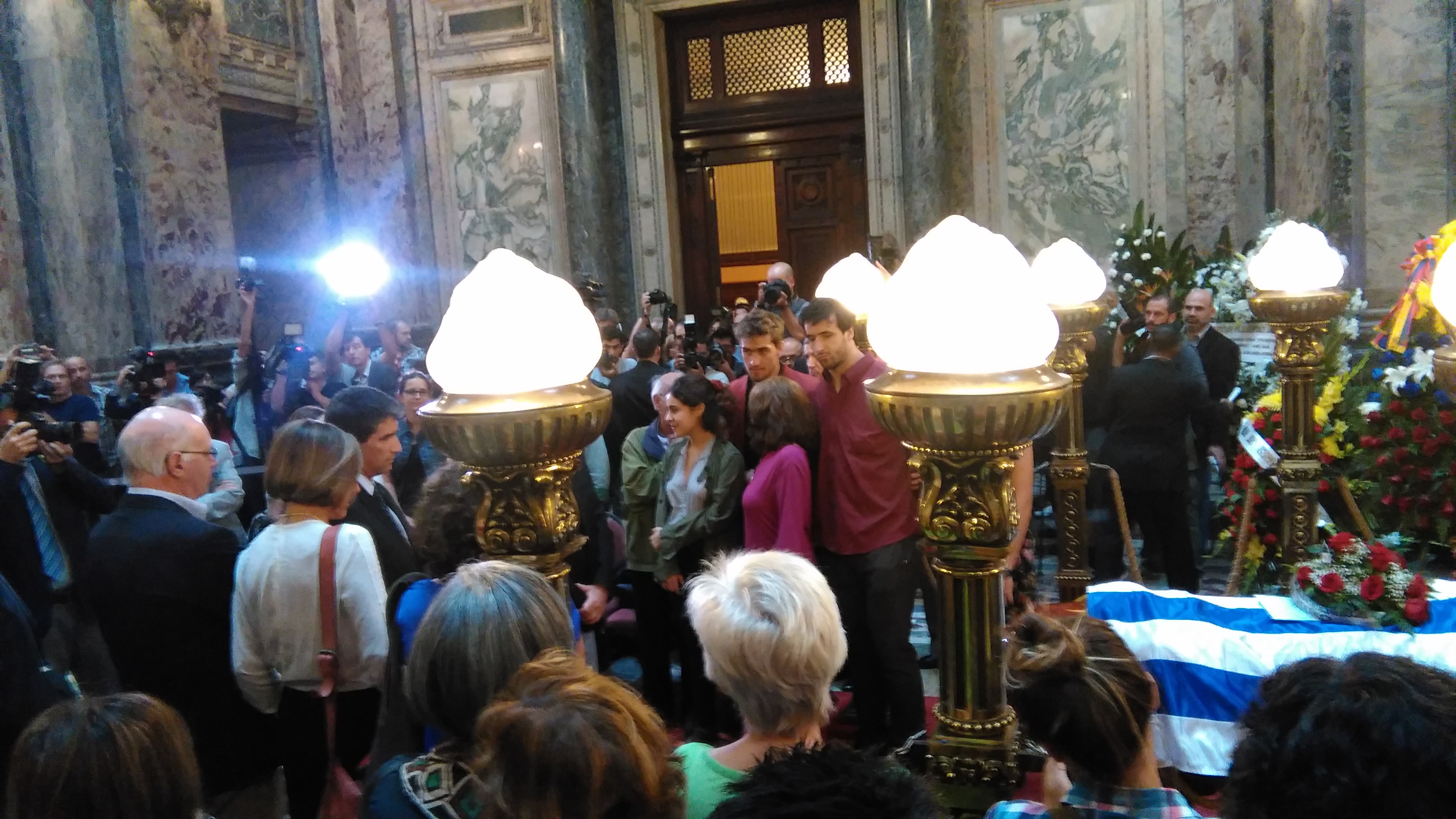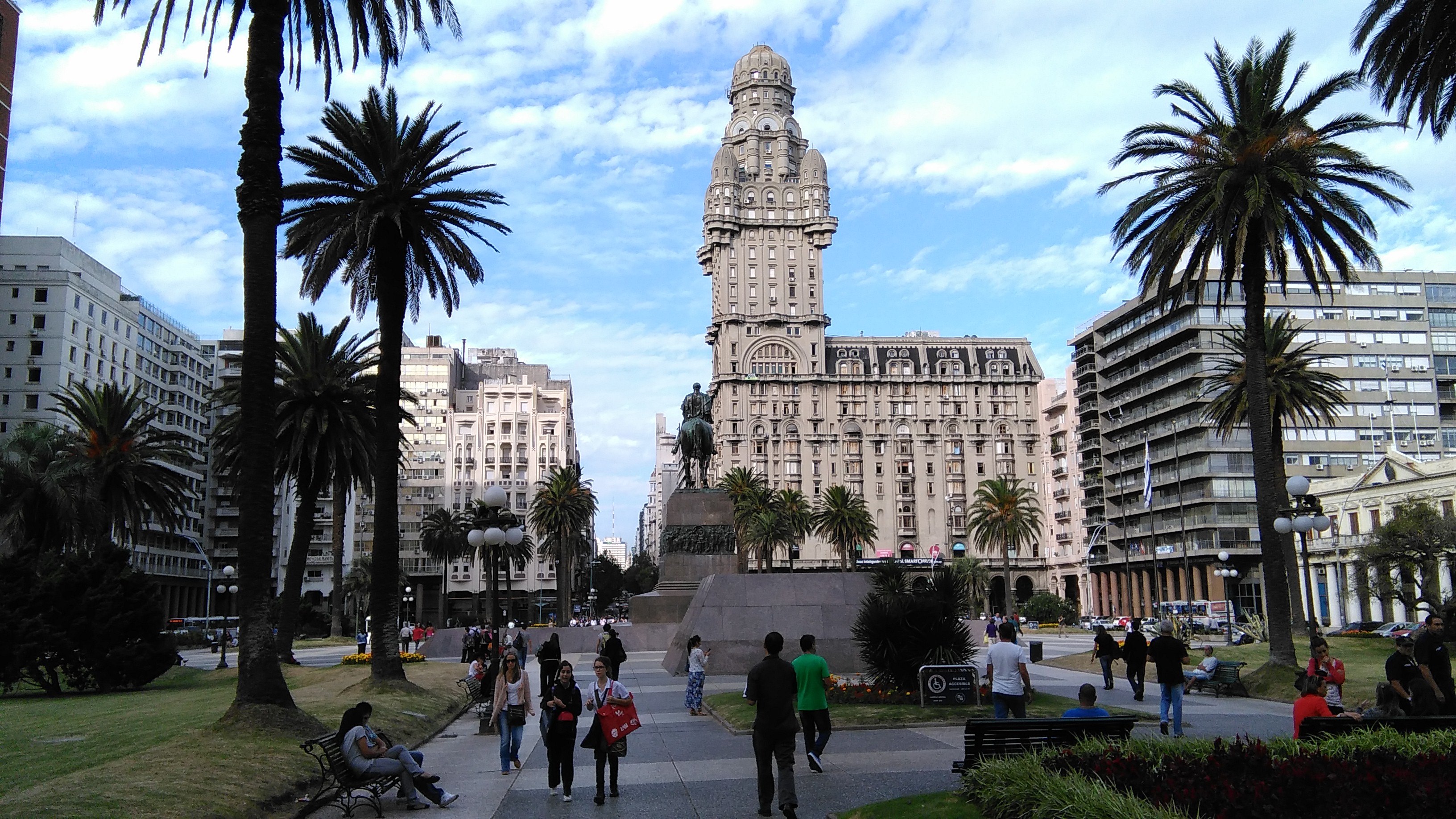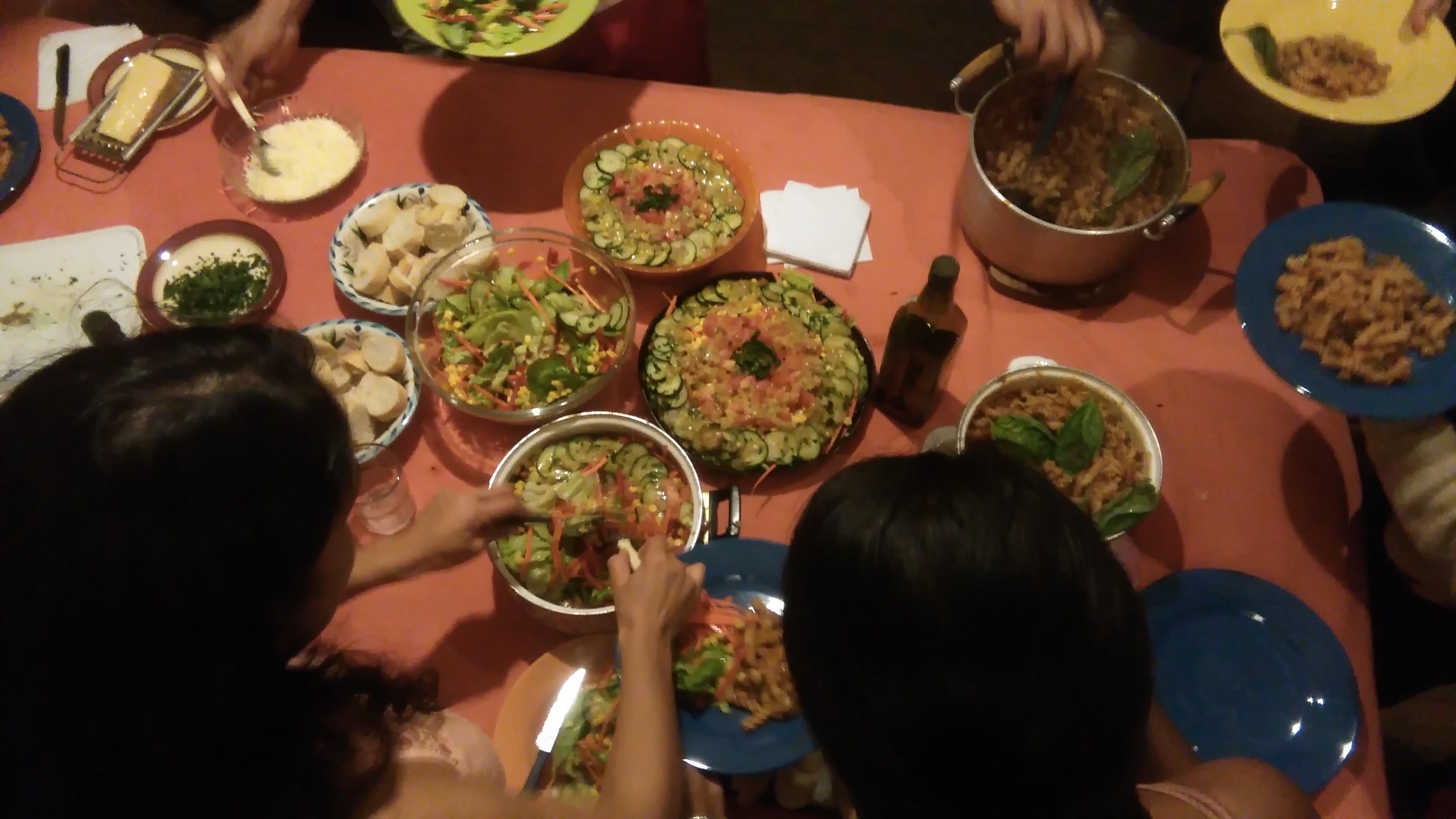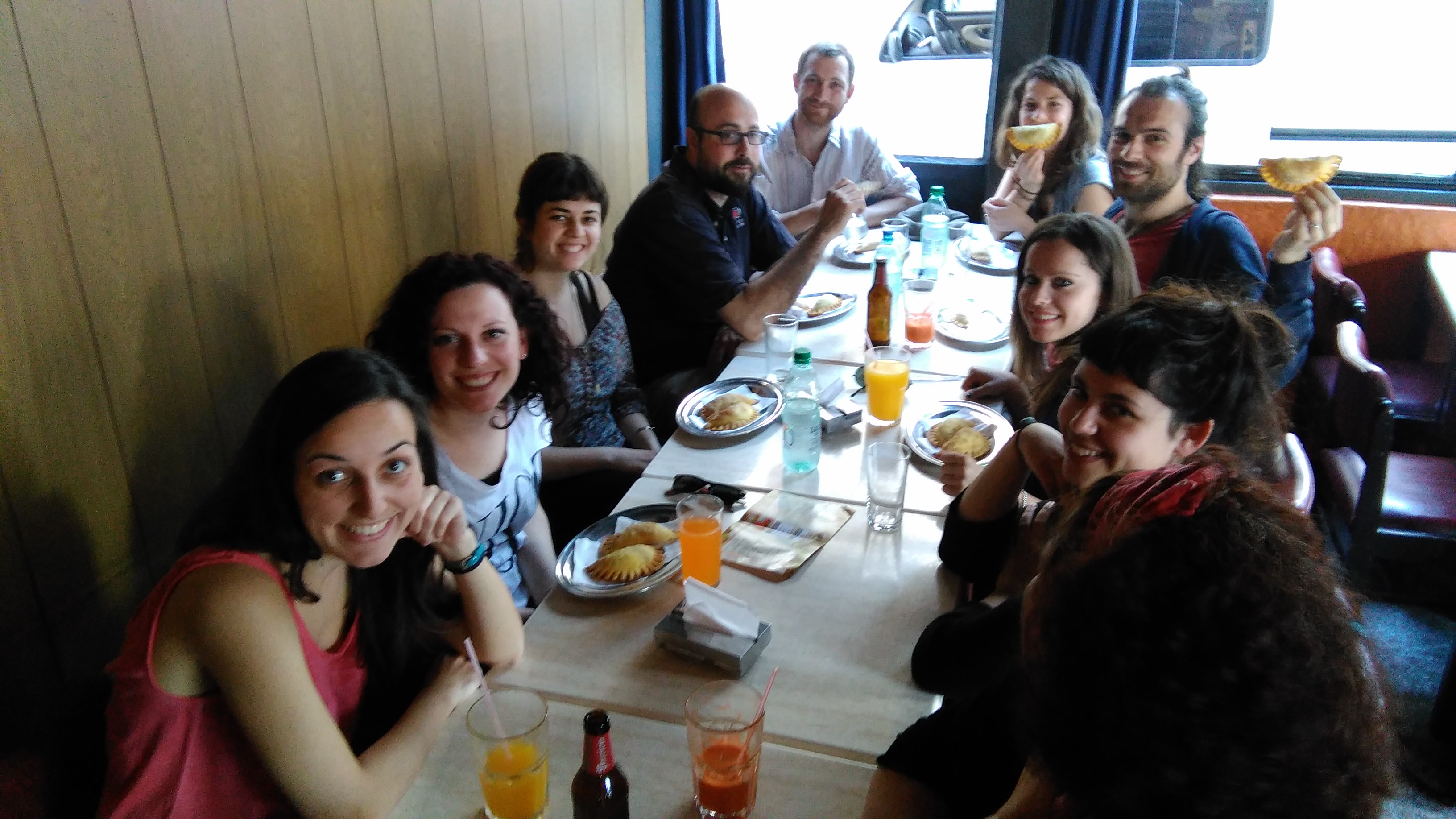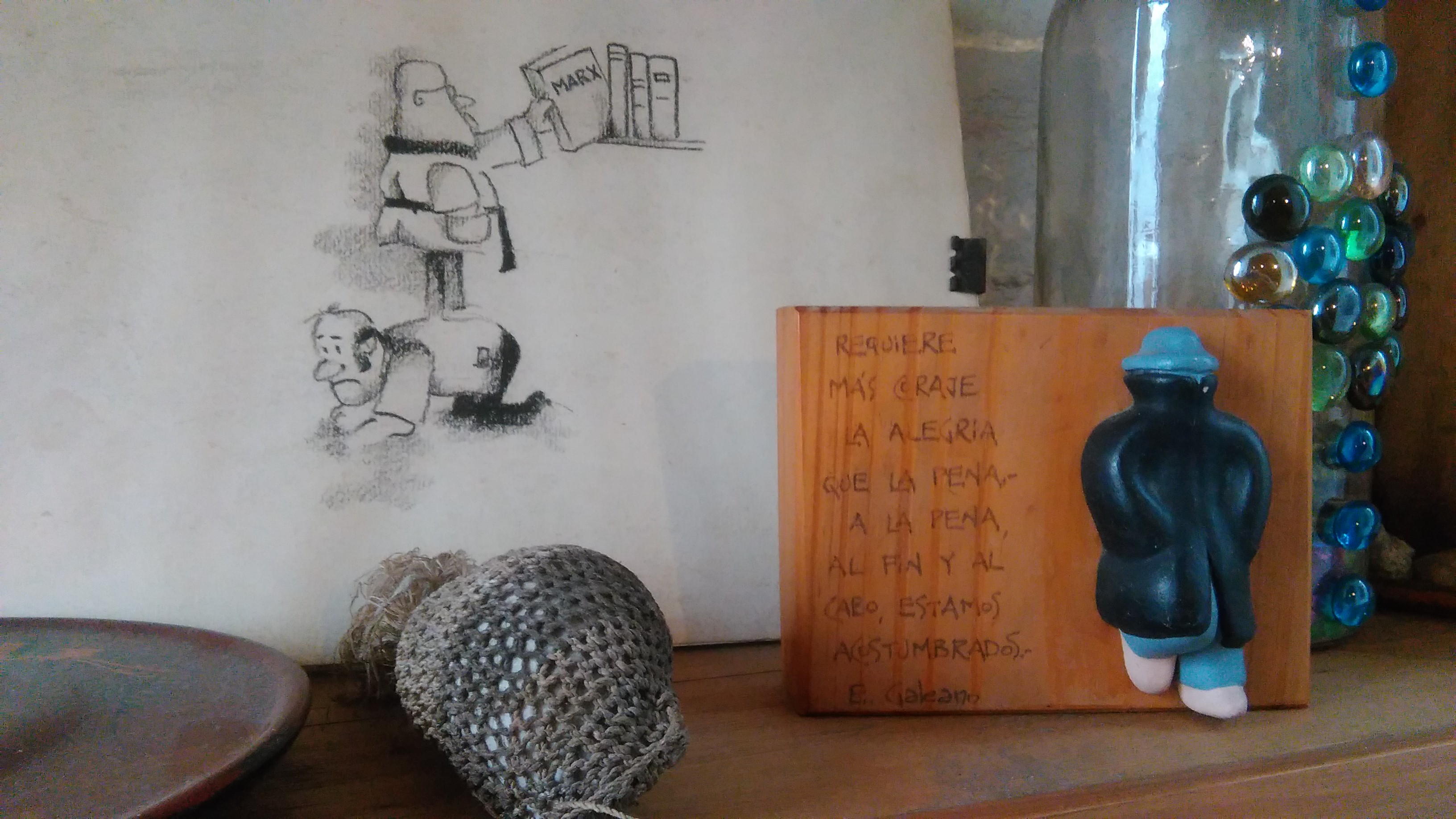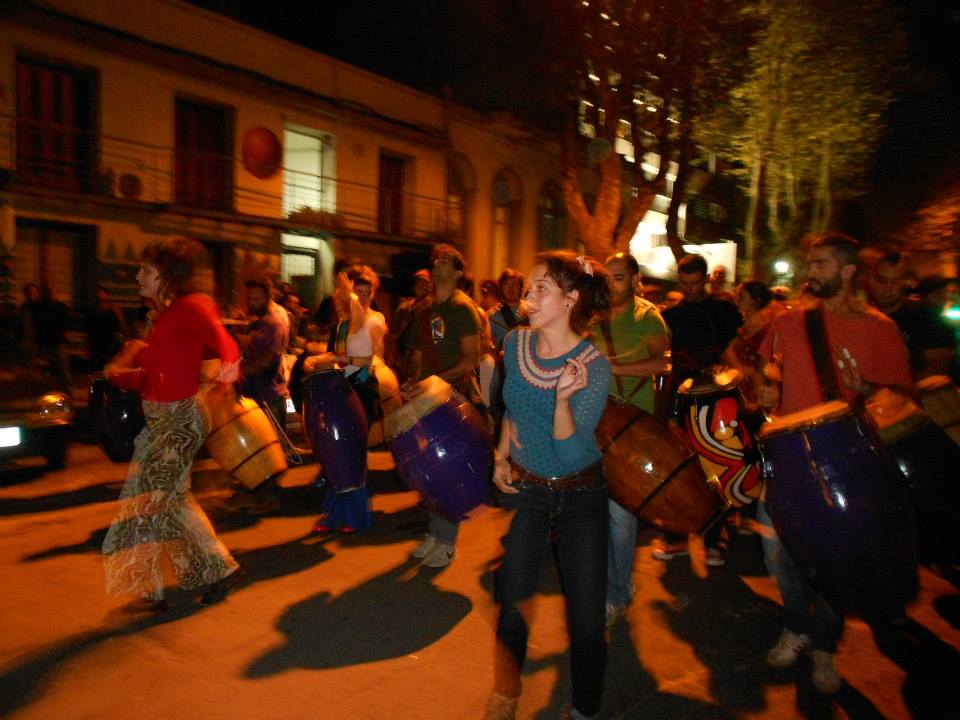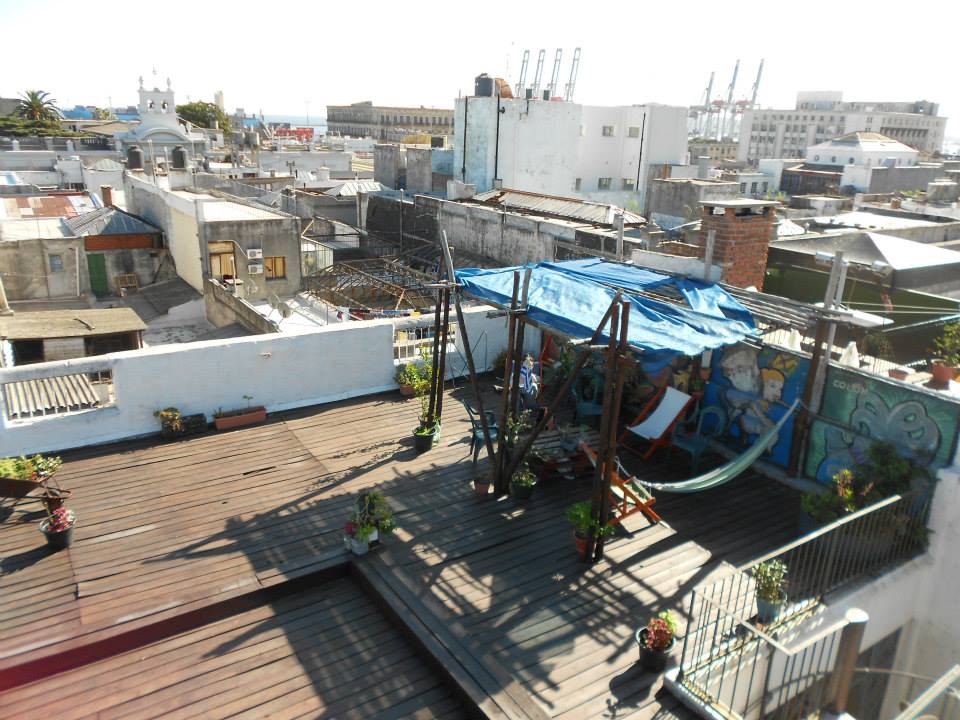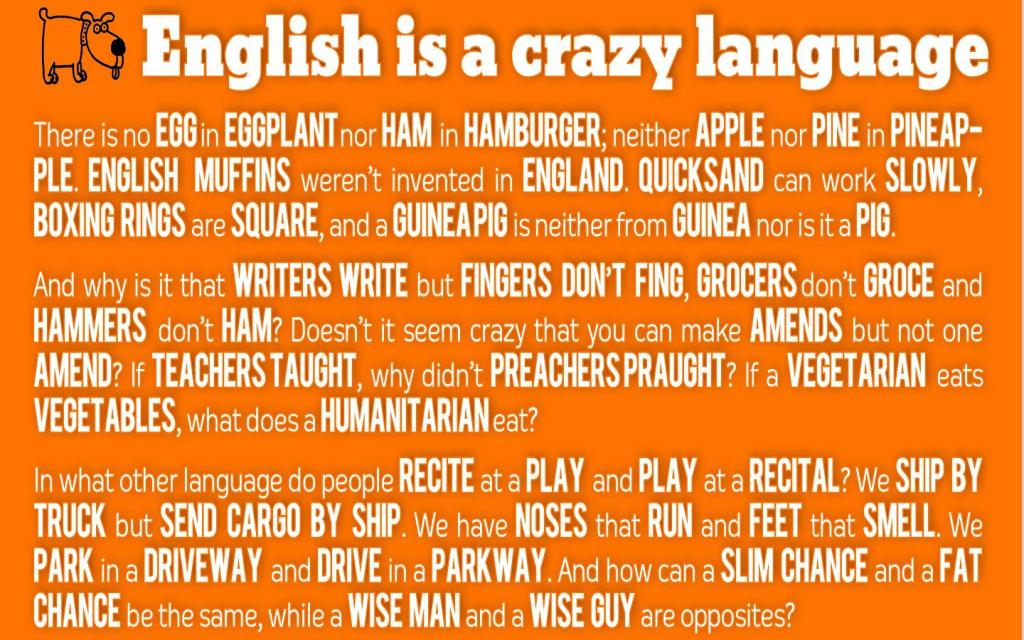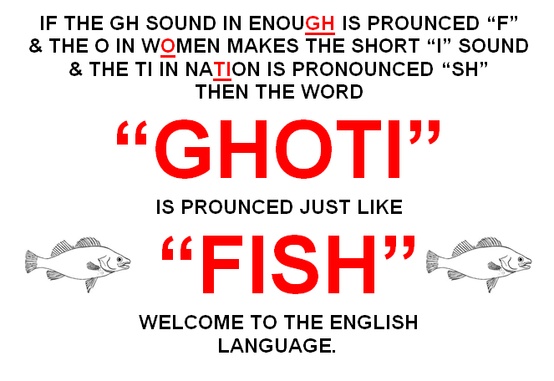 The Game: Penetrating the Secret Society of Pickup Artists by Neil Strauss
The Game: Penetrating the Secret Society of Pickup Artists by Neil Strauss
My rating: 3 of 5 stars
The Game, pickup artists, the art of seduction and all that is something that has fascinated me for a while. The pretension of it all, really. It’s so different from the WYSIWYG way I believe I usually project myself; foreign, yet with a certain unmistakable allure: imagine being able to seduce anyone! How can people live like this, moving from woman to woman without any emotional attachment? Do they feel omnipotent? How can they lie, or rather bullshit so exquisitely? Do they ever get impostor syndrome, or can only narcissists and megalomaniacs immune to impostor syndrome really excel at seducing? Who are these guys anyway? Don’t they ever stop, look at themselves and wonder what they’re trying to prove? Probably not, right?
Turns out the techniques work like clockwork, like Jedi mind tricks on stormtroopers, but even if you mingle with celebrities for a living, like Strauss did before sitting down to write his story, at some point you will either (or both): a) get tired of casual sex with bimbos without any lasting connection and seek something deeper; b) meet your seduction match who will drive you crazy because what she wants is the real you and trying to seduce her by the Playbook amazingly turns her off, and by the time you realize the fact you’ve almost lost her for good.
Relevant xkcd: Pickup Artist, #1027

Still, listening to this book worked as a mood enhancer for me. I speculate it was the effect well-known to us self-improvement book readers of getting a high merely from visualising a change in your life by following the advice suggested instead of actually following it, which, it should be noted, often leads us readers never taking the steps necessary for change to take place, satisfied from the imagined high we’ve just had. Second-hand success stories almost work just as well, and this is essentially what you get here: “look at the self-proclaimed loser get all the chicks he’s never had! I could do the same, if I chose to!”
But would I ever choose to be that guy? I wonder: by not playing The Game because I believe it’s dehumanising and pathetic and that self-confirmation and self-worth come from within, not from forgetting how many women you’ve tricked into falling for you, am I really just displaying my “mediocrity” as a man, my “beta”-ness? That’s definitely what a player would say about me. But is it because I’m scared of pulling it off that I’m shunning seduction, or could it be that, since I don’t need conquests to feel desirable or indeed complete, I am already “ahead of The Game”, the very place pickup artists go all this process through to reach?
The words “you are what you love, not what loves you” came as an answer while I was typing the above, as they’d done once before while I was out running and listening to this book.
To be honest, close to half the enjoyment I got out of The Game I got from the narrator and the way he switched accents between Neil and bimbos, Mystery and Style, tones of voice etc. Here you can find a sample. Actually, not just a that: by looking for a sample I ended up with a link to the full thing (which might not even be with us for long, judging by Youtube’s policies) and realised by looking at the comments that what I listened to in the end wasn’t even the full version of the book! Come to think of it, I did just finish it in a couple of days…






